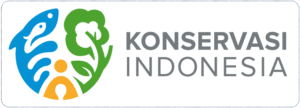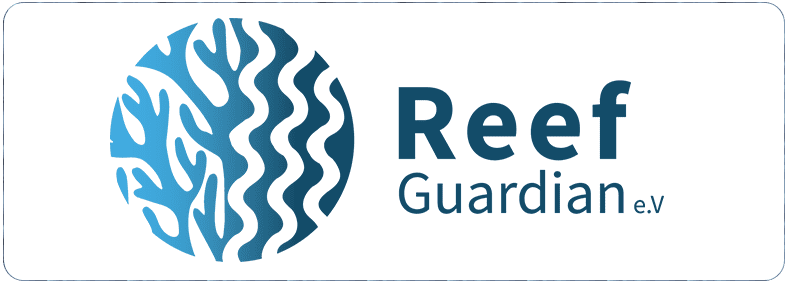With support from more than 1 million members, The Nature Conservancy (TNC) has been working in over 35 countries around the world to protect the lands and waters upon which all life depends.
We have built a tremendous record of success since our founding in 1951. Everything we do is rooted in good science — aided by our hundreds of staff scientists and we have protected more than 119 million acres of land and thousands of miles of rivers worldwide — and we operate and/or support the management of more than 100 marine conservation projects globally.
It’s who we are and how we work that has made TNC so successful — and makes us optimistic that we can expand our past conservation work to meet the challenges ahead. We pursue non-confrontational, pragmatic solutions to conservation challenges, and partner with indigenous communities, businesses, governments, multilateral institutions, and other non-profits.
In Indonesia, TNC has been working in conservation partnerships for more than 20 years, advancing the protection and sustainable use of forest and marine resources for the benefit of people and nature. In the Bird’s Head Seascape, we have been actively working with local government agencies, communities and other partners for the past decade to ensure the archipelago remains one of the world’s most biodiverse regions while sustaining the valuable natural resources the Bird’s Head peoples need to keep their livelihoods.
We are helping to maintain Indonesia’s first network of Marine Protected Areas (MPAs), which spans an area of over 1 million hectares of coastal and marine waters, incorporating MPA management into long-term planning and policy, and creating education opportunities and raising awareness of marine habitats and resources in local communities.
Those activities have led to important outcomes. In 2013, the Raja Ampat government became the first Indonesian regency to declare its waters a shark sanctuary and prohibit the capture and killing of sharks, rays, and endemic marine species. And ongoing monitoring efforts are having a profound impact on the way the region protects its crucial coral reefs.
Marine protected areas like in Southeast Misool and Kofiau have mobilized the surrounding villages, and led to the development of a more robust planning strategy for the region’s protected areas. And our education work with local NGOs and Raja Ampat government is encouraging resource protection at the family level. In communities like these, conservation activities are not merely a part of villagers’ identities — they are also key to their survival.
For further info:





































